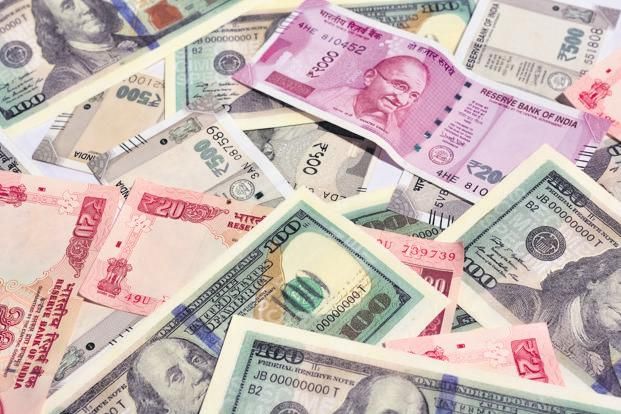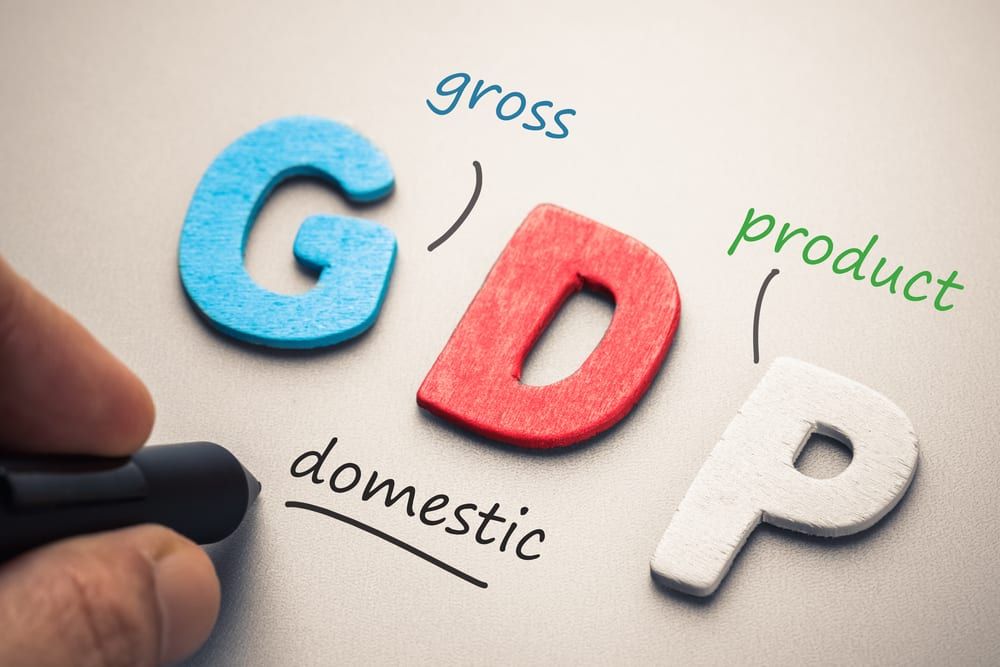Impact Of Rupee-Dollar Fluctuation On Indian Economy
Jun 08, 2019 • 49 views

Currency fluctuation is a intinctive conclusion in most of the major countries. Exchange rate is that rate at which one currency is exchanged with the other currency. It is known as 'Foreign Exchange Rate'. This rate is determined by number of factors namely corresponding supply demand of the two currencies, economic fluctuations, inflation, just to name a few.
This rate has a direct impact on the economy in following aspects:
1.) INTERNATIONAL TRADE

This refers to nation's merchandise trade internationally or simply, exports and imports. Generally, a weeker currency will try to make more exports and less imports to keep a surplus.
Mostly India having a weeker currency, it is hard for our country to import items from US as for India, they are costlier than other countries having less weeker curreny.
But exports are beneficial for weeker currency.
2.) GDP

GDP is the total amount of the final goods and services produced in a country in a particular period of time. The formula for GDP is = Consumption + Investment + Government Expenditure + Net Exports (Export - Imports)
This equation straight away tells that if net exports are positive ( exports are greater than imports ) , GDP is higher which is a factor of high economic growth.
But if net exports is negative (imports are greater than exports ) , then GDP is lower.
3.) CAPITAL FLOWS

Foreign capital will tend to flow into countries having strong governments, dynamic economies and stable currencies. A nation needs to have a somewhat stable currency to attract investment capital from foreign investors. Otherwise, the prospect of exchange losses by currency depreciation may discourage overseas investors.
4.) INFLATION

A devalued currency can result in imported inflation for countries that are importers. A immediate decline of 20% in the domestic currencyconcludes in imported products costing 25% more because a 20% decline means a 25% increase to get back to the starting point.
5.) INTEREST RATES
The levels of exchange rates and the position of the domestic country is one of the most important factors taken into consideration by central banks for formulating monetary policies and looking into interest rates.
IMPACT OF CURRENCY FLUCTUATIONS :-
1) Changes in competitiveness of the market within the economy
2) Changes in levels of investment with the respect to FDI and local business
3) Currency fluctuations affect interest rates and lending as well.
4) Creates volantility in the economy making the market as highly unpredictable.
